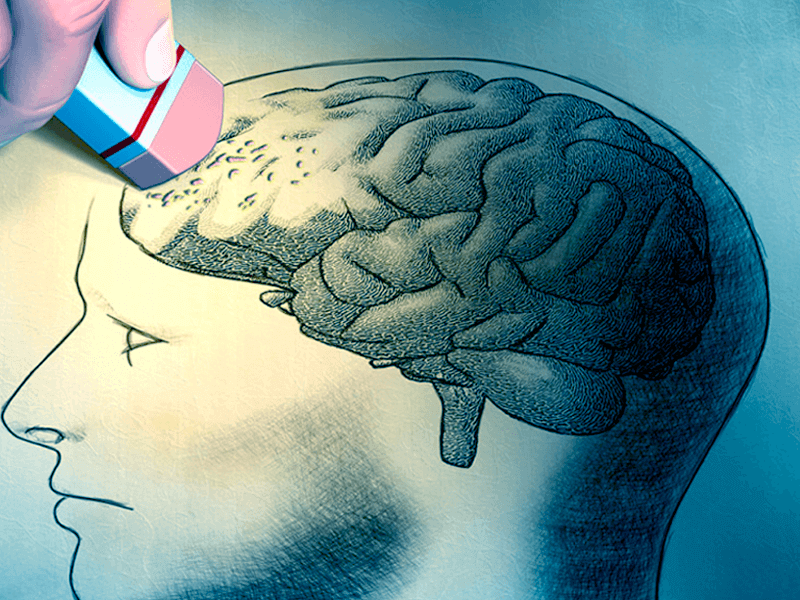A study conducted by the University of Birmingham, UK, showed that adults over the age of 40 who had frequent nightmares were more likely to develop dementia, compared to those who did not have nightmares regularly. The discovery was published on Wednesday 21st in the journal electronic medicine.
Scientists believe that nightmares may be the result of neurodegeneration in the right frontal lobe, located in the front part of the brain. This discovery could help doctors and patients identify the disease in its early stages, which may contribute to strategies to slow the progression of the problem and the appearance of more serious signs.
“Very few risk indicators can be identified for dementia in middle age,” said neurologist Abidemi Otaiku, lead author of the study. “While more work needs to be done to confirm these links, we believe nightmares can be a useful way to identify individuals at high risk.”
The survey, in which 3,200 people participated, was divided into two parts. In the first phase, 605 adults without dementia, aged 35 to 65 years, were followed for nine years. The volunteers took a memory test at the beginning of the study and another at the end of the study and filled out questionnaires about their sleep patterns.
The information was used to measure cognitive decline, which is the natural aging process. When this process occurs more quickly, it can be a sign of dementia.
The second phase of the study followed 2,600 seniors over the age of 80 over five years. The researchers asked the volunteers to describe how often they had nightmares. None of them had dementia at the start of the research.
Scientists found that middle-aged adults who experienced at least two nightmares per week were four times more likely to experience significant cognitive decline over the years than those who did not have nightmares. For older adults over 80, the risk of developing dementia was only twice as high.

“Hardcore beer fanatic. Falls down a lot. Professional coffee fan. Music ninja.”






More Stories
The law allows children and adolescents to visit parents in the hospital.
Scientists pave the way for the emergence of a new element in the periodic table | World and Science
Can dengue cause hair loss? Expert explains how the disease affects hair